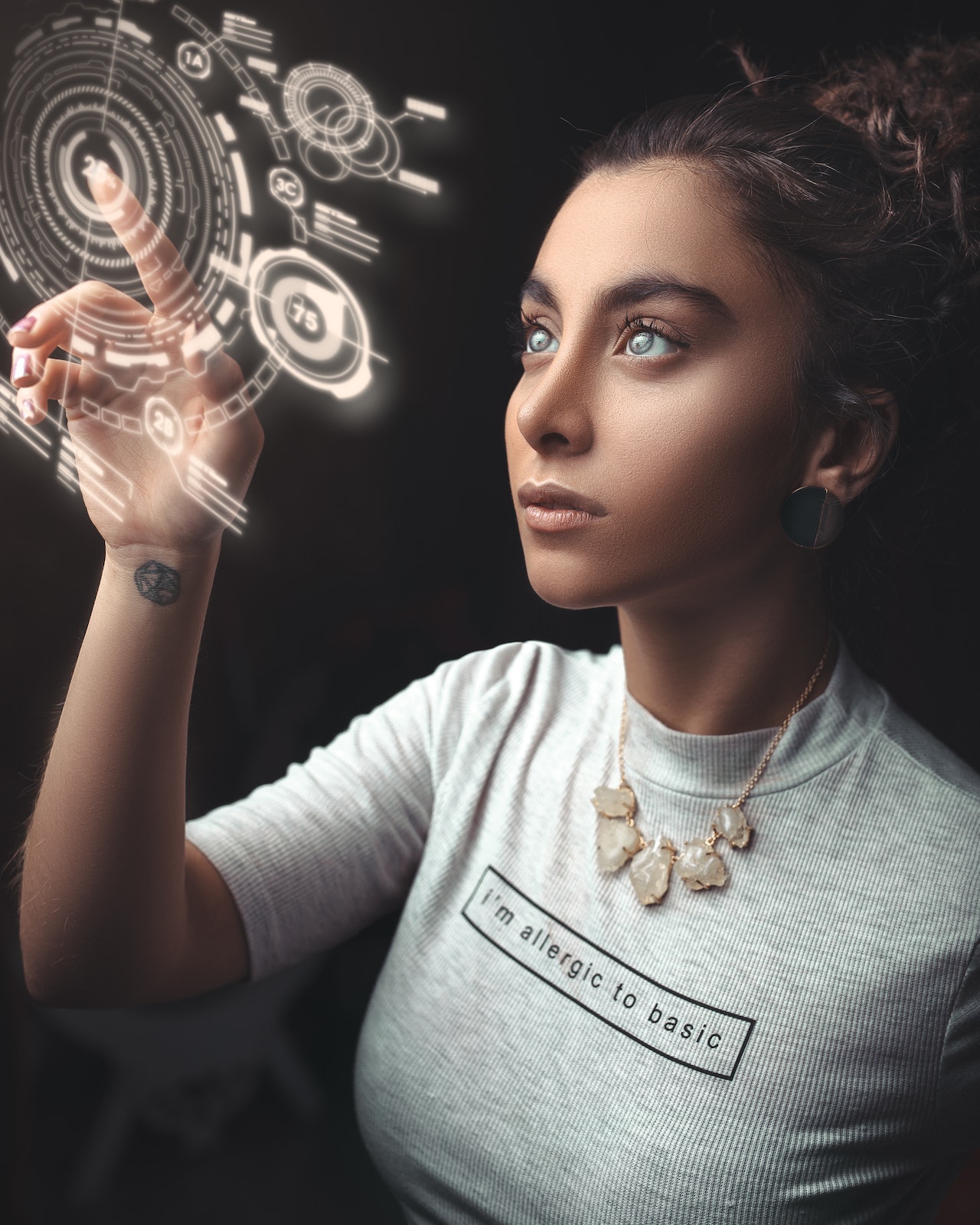Ray Kurzweil: By 2030 humans will live forever

Ray Kurzweil, a former Google engineer, predicts that humanity will live forever beginning 2030.
In an interview with the YouTube channel Adagio, Kurzweil discussed how advances in genetics, nanotechnology, and robotics are paving the way for “nanobots” that can reverse the effects of aging.
Who is Ray Kurzweil?
Kurzweil was hired by Google in 2012 to “work on new projects involving machine learning and language processing,” he has been foreseeing technological developments for a very long time.
He stated in 1990 that by the year 2000, the greatest chess player in the world will be defeated by a computer, and in 1997, Deep Blue defeated Gary Kasparov.
Another shocking prognosis made by Kurzweil in 1999 was that a $1,000 laptop will have the processing and memory of a human brain by the year 2023.
In what is known as the singularity, according to the former Google engineer, technology will soon be so advanced that it will enable people to live forever.
The Daily Mail reports that while it may sound far-fetched, saying that such a feat will be accomplished by 2030 have been welcomed with both enthusiasm and skepticism.
AI and immortality
The technological singularity, according to author and futurist Ray Kurzweil, will occur by 2045, with artificial intelligence passing the Turing test in 2029.
This evaluates a machine’s capacity for intelligent behavior that is comparable to or indistinguishable from human behavior.
As a result of attaching machines to our neocortex, humans will become more intelligent.
He thinks that placing computers in the human brain will enhance humans, in contrast to other people’s concerns.
Enjoying this article?
Subscribe to get more stories like this delivered to your inbox.
“We’ll have more neocortex, be funnier, and have better musical taste,” said the scientist. We’re going to have more sex, he declared.
“We’re going to really embody all the qualities that we value in people to a greater extent.”
Kurzweil thinks people will develop a human-machine synthesis that will improve humanity rather than a dystopian future where robots rule over people.
Read More News
Here are the types of women to avoid in the dating world
The photo above is from Pexels
Journalist
